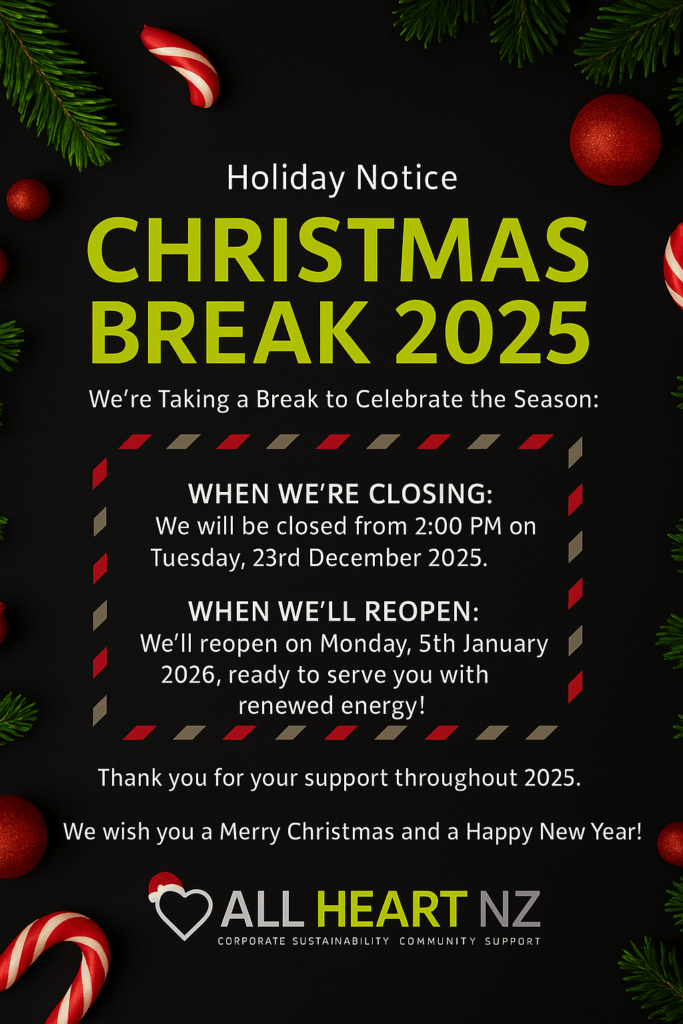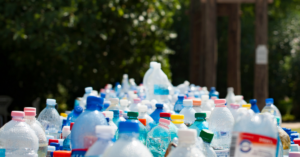
Making a Difference with Corporate Sustainability
At All Heart NZ, we partner with businesses to create sustainable solutions for unwanted corporate items. By repurposing and redirecting
In today’s world, sustainability is more than just a buzzword—it’s a responsibility. This ethos drives Metlifecare, a prominent retirement village operator, as it pioneers a circular economy initiative with the charitable trust All Heart NZ. Together, they are redefining how waste management from refurbishment projects can uplift communities and drive positive environmental change.
Let’s dive deeper into this remarkable initiative and the benefits it’s bringing to both people and the planet.
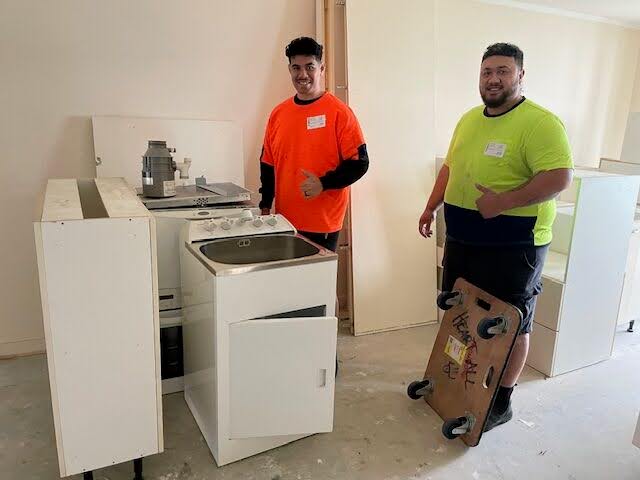
When Metlifecare’s retirement villages undergo refurbishments, valuable items such as kitchens, bathrooms, curtains, and carpets are typically discarded. Rather than sending these materials to landfill, Metlifecare, with the expertise of All Heart NZ, has established a sustainable waste recovery system. This collaboration diverts usable resources from waste streams, giving them a second life where they are needed most.
Madelyn Pyne, Metlifecare’s Sustainability Specialist, explains:
“We spent several months working with All Heart NZ, a charitable trust that partners with organisations to redirect and repurpose redundant and unwanted items.”
How it works:
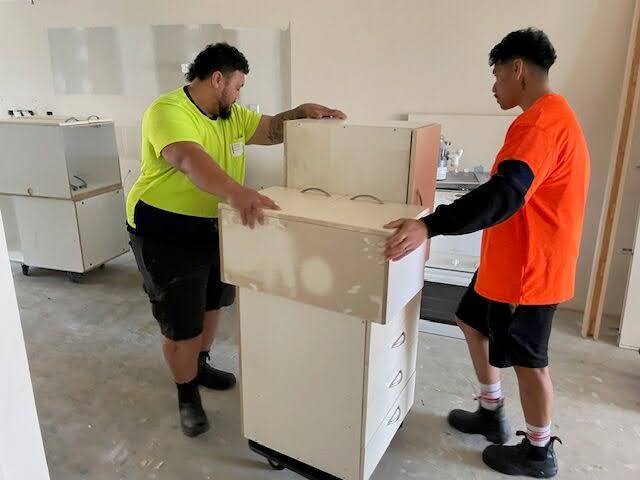
The circular economy isn’t just about waste reduction. It is about creating economic value in ways that benefit society. By shifting from a linear “take-make-dispose” model to a circular system, Metlifecare and All Heart NZ have unlocked new opportunities:
This initiative shows that partnerships for good can address environmental challenges while promoting sustainable growth.
The concept of the circular economy addresses some of the world’s most pressing issues, from resource depletion to waste management. Key benefits include:
This partnership exemplifies what’s possible when businesses embrace sustainability at their core. Metlifecare and All Heart NZ are setting a high bar—moving beyond traditional waste management into a holistic approach that benefits communities and the environment alike.
Through collaboration and innovation, they are not just reducing waste—they are building a model of sustainability that others can follow. Together, they’re proving that a circular economy isn’t just an ideal—it’s a reality we can create today.
This inspiring initiative is a call to action. Whether you’re an individual or an organisation, consider how you can embrace sustainable practices. It could be through partnerships, donations, or simply rethinking how you manage resources.
Metlifecare’s journey shows that small steps can lead to big change. Let’s work together to build a greener, more sustainable future. 🌍

At All Heart NZ, we partner with businesses to create sustainable solutions for unwanted corporate items. By repurposing and redirecting

Did you know that thousands of quality items destined for landfill are being redirected to make a difference? 🌟 At
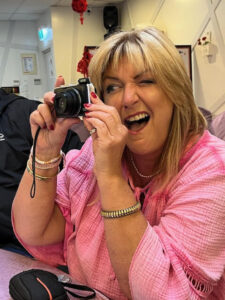
Meet Julie, our incredible Business Development Manager at All Heart NZ! She’s the friendly voice behind the calls and inquiries

